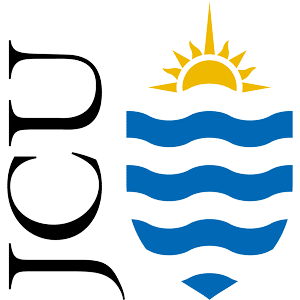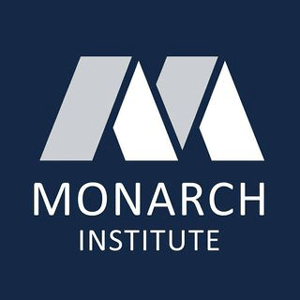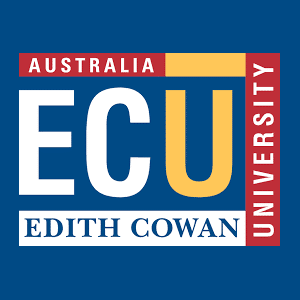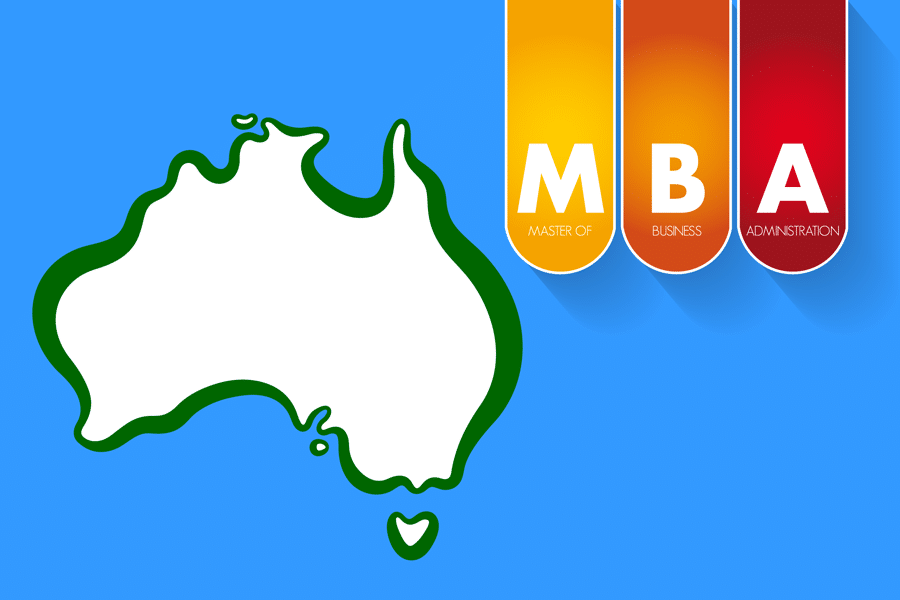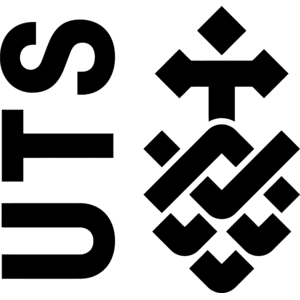Achieve career success by studying business and management online.
Whether you're an experienced professional or just starting out, these business courses will help you achieve your goals. With the convenience and flexibility of online learning, you can study from anywhere at any time. So why wait? Start your journey to a successful career!
SPECIALISATIONS
Top 15 Business Programs in 2024
In a business course, you can study accounting, analytics, commerce, economics, finance, human resources, logistics, management, marketing, and more. Let's explore the best online business courses in Australia.
Accounting degrees prepare students to be accountants and succeed in finance-related careers where dollar figures matter. Learning the discipline provides a strong platform for any business career.
Bachelor of Accounting and Master of Professional Accounting programs enable graduates to meet the accreditation requirements of professional accounting bodies in Australia.
UNE - Bachelor of Accounting
The online Bachelor of Accounting from the University of New England provides a solid foundation for professional success and leadership in the field. The qualifications are recognised by major Australian accounting bodies. Graduates of the flexible 3-year degree are primed for diverse careers in accounting, financial analysis, and data analytics across all sectors.
Study business administration so you'll be able to manage systems and people efficiently. This field covers practical activities such as budgeting, developing corporate documents, and keeping financial records. Courses may also develop soft skills, including team management and leadership.
This broad discipline is popular at all levels, from Certificate III and IV through to diploma, graduate diploma and MBA levels. The skills learned are transferrable to any workplace.
JCU Online - Graduate Certificate of Business Administration Global
The Graduate Certificate of Business Administration Global from James Cook University can be completed online in 8 months of part-time study. Students explore data analysis and decision modelling, marketing analytics and strategy, management and leadership, and information and analytics technology. The MBA pathway course is designed for working professionals.
Business analytics courses can really pay off if you have ability in maths, tech and business strategy. Topics covered may include customer analytics, data visualisation, financial analytics, marketing analytics, principles of programming, and big data management.
Business analysts are in demand across all Australian industries. The job is about using data to help inform strategic management decisions.
UNSW Online - Graduate Certificate in Analytics
The Graduate Certificate in Analytics at UNSW Online will develop your analytical skills. The program offers a fast-track option to finish in as little as 8 months part-time, with four courses delivered online in 7-week study blocks. Numerous electives are available to construct the ideal course for you. Subjects include introductory data analysis, business analytics, and predictive analytics.
By studying economics, you learn how economies and markets function. You also develop analytical and report writing skills. Students need good all-round maths skills and problem solving abilities.
Top economics graduates work as economists for government agencies and large corporations. But an economics degree is also valuable for other business careers. The analytical and communication skills are highly transferable.
UNE - Bachelor of Economics
The Bachelor of Economics at the University of New England is a flexible online program for anyone interested in working as an economist. Choose from majors in Applied Econometrics, Economic Development, Environmental Analysis and Policy, or Economics. This degree develops analytical and problem-solving skills, positioning graduates to produce strategic advice.
Being an entrepreneur requires some serious skills to back up your great ideas and willingness to have a go. Entrepreneur courses focus on how to manage a small business and start new ventures.
Topics may include marketing, business strategy, corporate governance, managing virtual teams, research and development, innovation strategies, and commercialisation.
Monarch Institute - Diploma of Entrepreneurship and Innovation
The Diploma of Entrepreneurship and Innovation from Monarch Institute is a nationally accredited course for entrepreneurs. The fully online program explores topics such as turning ideas into ventures, market analysis, strategic innovation, and leadership in new enterprises. Spanning up to two years, it requires no formal prerequisites and offers immediate start dates.
Finance can be a lucrative sector to work in. But the only sure way to get there is with a good finance course.
At an undergraduate level, study for a Bachelor of Commerce degree. Master of Finance programs are also popular. They suit business graduates who want advanced skills as well as non-finance professionals looking to switch careers.
UNSW Online - Graduate Certificate in Applied Finance
The Graduate Certificate in Applied Finance from UNSW Online is a foundational course requiring just eight months of part-time study. It doesn't require a business degree for enrolment. Topics include corporate financial management, investment strategies, and global financial practices. This qualification is part of a larger master's program, serving as a stepping stone for further studies.
Health management courses are for future managers in Australia's healthcare system. Options include graduate certificates, graduate diplomas, and master's degrees.
Health management is a career pathway that typically emerges after gaining experience in health or social services. Postgraduate courses are favoured by professionals with healthcare backgrounds. Example subjects are budgeting, patient data handling, and service quality assurance.
Human resource management courses open up job opportunities. HR managers and teams can be found in almost any large organisation. There are well-defined career paths and excellent salary prospects.
To become an HR manager, you can major in the field in a BBus or BCom degree. HR masters degrees are also available. You'll study topics such as recruitment, training, performance management, and employee relations.
ECU Online - Graduate Certificate of Human Resource Management
The Graduate Certificate of Human Resource Management from Edith Cown University is a short online course that takes 6 months part-time. It covers HR fundamentals and trends in the field. Intakes are in Jan, Mar, May, Jul, Sept, and Nov. This course lays the groundwork for HR roles and opens the door to further studies, such as a Master of Human Resource Management.
Leadership and management programs are ideal for experienced professionals aiming for senior roles. They develop executive skills and tend to be light on technical content. Accelerated part-time courses are available online.
Some of the most popular programs in the category are Master of Leadership, Master of Management, Master of Health Management, Masters in Educational Leadership, and Masters in Nursing Management.
Deakin University - Master of Leadership
The online Master of Leadership from Deakin is an innovative postgraduate course for managers. This one-year, flexible program accelerates your development by recognising and building upon past experience. The exam-free degree includes four core units, two Professional Practice Credentials, and a choice between additional credentials or stackable short courses.
Learn how to coordinate productive activities with a logistics and supply chain management course. Graduates are employable in numerous roles, from warehouse management to analysing large supply chains.
You'll build knowledge around purchases, procurement, inventory control, distribution and transport. Another side is selling, including marketing, customer relations, partnerships and global networks.
RMIT - Graduate Certificate in Supply Chain & Logistics Management
The Graduate Certificate in Supply Chain and Logistics Management from RMIT Online takes 8 months of part-time study. Students complete four subjects from the master's program, studying business analytics, supply chain principles, supply chain modelling and design, and project management. Varying levels of prior experience in this field are supported.
Management programs are for people who ultimately want to be the boss. You learn a structured approach to organising people and operations, acquiring practical skills and the best practices of leaders.
It can pay to study management as you start to climb the ranks into supervisory and directing positions. Not only do you gain managerial capabilities, but you become better at communicating your knowledge (which is good for interviews).
UNSW Online - Graduate Certificate in Business
The UNSW Online Graduate Certificate in Business provides a pathway to the Master of Management. Choose any 4 from 8 subjects, with topics such as entrepreneurship, financial management, marketing, law, and disruption strategies. It's designed for early career professionals to boost leadership capabilities. Study 100% online part-time while you work full-time.
In a marketing or digital marketing course, students learn how to understand customers, reach their audience, and convert interest into sales.
Popular marketing qualifications in Australia include diplomas, bachelor degrees, graduates certificates, and masters. All types of courses are available 100% online.
The Master of Business Administration (MBA) is the world's most popular and famous postgraduate course, not just for business. Why the fuss? An MBA provides management training. That makes the degree valuable to professionals from all disciplines.
Online MBA courses are usually taken part-time by working professionals. Numerous specialisations are available with Australian universities.
UTS Online - Master of Business Administration
UTS Online's flexible MBA allows you to specialise in Business Analytics, Digital Marketing, Health, Organisational Learning, or Technology Management. Alternatively, mix and match electives in the Flex Stream. This part-time, online program aims to prepare innovative, ethical, and agile leaders. The course spans two years, with 12 subjects delivered in a sequence of 7-week study blocks.
Microsoft Excel training can bring you up to speed with the versatile software package. Low-cost training courses show you the power of the platform.
Excel can be used to do just about anything involving data and information. MS Excel is a handy business tool with many uses. The software allows you to easily perform calculations, manage data, and create lists. It is commonly used in accounting and HR.
Excel Everest - Excel Training Workbook
Excel Everest's course is delivered through a downloadable Microsoft Excel workbook. It covers 41 topics and includes over 160 exercises. Users can track their progress. The approach is practical and can quickly improve your spreadsheet skills. It provides an alternative to conventional courses. If not satisfied, there's an option for a refund.
There’s a whole science around the art of project management (if that’s not a contradiction). You can polish your skills in managing projects by studying for a diploma, graduate certificate, graduate diploma, or masters degree.
Project management courses are often delivered by a business college or a university’s business school. Students learn general principles and techniques. You may also manage applied projects for experience.
SCU Online - Graduate Certificate in Project Management
The SCU Online Graduate Certificate in Project Management offers flexible elective choices in areas such as Agile management, quality control, risk assessment, and procurement. This 8-month, part-time program is designed for professionals seeking an adaptable study route. Credits from this certificate are transferable towards a Graduate Diploma or a Master of Project Management.
Accredited Business Qualifications
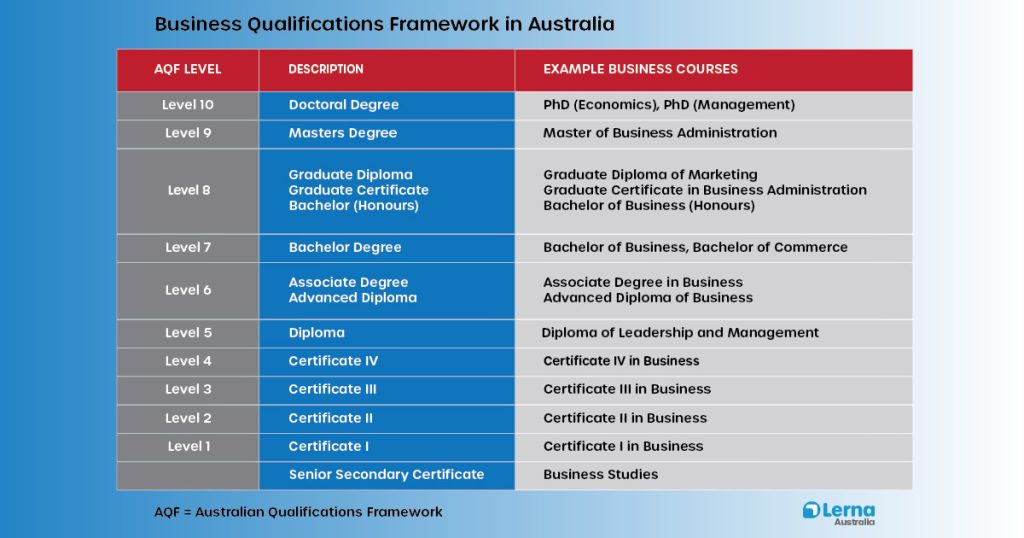
Every accredited business course in Australia is part of the Australian Qualifications Framework (AQF). From Certificate I training courses through to MBAs, you can find an online program to achieve your learning goals.
The Diploma of Business is Australia's number one online training course. No other program offers as many specialisations and elective units.
The diploma consists of 12 subjects, including 5 core units and 7 electives. Nine specialisations (majors) are potentially available. Up to 99 different subjects may be offered by business colleges.
This course of study offers lasting career value. With changes in the Australian Qualifications Framework, the diploma replaced several others.
Almost every university in Australia offers a Bachelor of Business or Bachelor of Commerce degree. The undergraduate degree is for school leavers who achieve the required ATAR (or equivalent) score to get into the program of their choice.
Degrees are more flexible than you might imagine. Generally, you can combine business studies with other disciplines, such as technology, science or humanities. There's also no need to commit to a particular major in your first year.
Earning a bachelor degree may be all you need in terms of education to set up a great professional career. Through your studies, you'll build knowledge across the business disciplines while gaining advanced skills in some areas through electives and specialisations.
A Graduate Certificate in Business is a versatile course. Usually, the only entry requirements are that you have a bachelor degree (any discipline) OR comparable experience.
Graduate certificates are often introductory. Since they're embedded in masters programs, you may be asked to complete the foundation subjects for a degree such as an MBA or Master of Management.
But you can also do specialised training in these 4-subject courses. Popular grad certs include Graduate Certificate in Business Analytics and Graduate Certificate in Project Management.
A master's degree in business develops skills in areas such as finance, marketing, accounting, or analytics. It's postgraduate, often with 12 subjects. No need for a specific background, but it helps.
These degrees aim to boost your career. Whether it's getting into management with an MBA or specialising in areas like marketing or finance, there's a clear path to higher roles.
Online courses are popular and practical. They fit work schedules and offer direct benefits to your job. From an MBA to specialised fields like health management or project management, these programs are about getting ahead fast.
The Master of Business Administration (MBA) is a qualification for any professional who wants to advance their career. The management course is not just for "business people".
MBA programs give you the conceptual tools, strategies and language for taking on management and leadership roles. You gain general business skills, learnt for implementing as a manager and leader.
With online MBA degrees, you can study part-time while working full-time. Accelerated programs also give you the option to study steadily over the year and finish 33% faster.
FAQs
When you study business, you acquire skills and knowledge in the activities that are common to businesses and other enterprises. Core subjects in a degree program include accounting, finance, human resource management, management and marketing.
Every business needs people who can do activities such as:
- keep and manage records of expenses, sales, borrowings and assets (accounting)
- acquire funds from lenders and investors and invest those funds into the business or elsewhere (finance)
- recruit and pay staff and manage their development and performance (human resource management)
- supervise and manage employees on a daily basis and allocate tasks (management)
- price products and services and promote them through advertising and partnerships (marketing).
As a course, business is learning about these administration activities and acquiring skills and strategies to do them well. As a graduate, you've acquired skills and knowledge that could be useful to almost any organisation.
At any given time, around 45k Australians are choosing to study business online at university level (Source: uCube). And many more are taking online courses at TAFEs, colleges and with private training providers.
Online training is convenient and affordable. You can easily study part-time while working full-time. The qualification and skills you gain also have real value.
A business course gives you the opportunity to define your ambition … The sheer breadth of disciplines (such as economics, finance, marketing, human resources, management, strategy and law) gives you the chance to explore fields before finding the one that interests you most.
Asian Correspondent
The flexible nature of online study means that your study schedule can be made to fit around your professional and family commitments, not the other way around … Distance learning programmes give you complete access to your studies from anywhere in the world, 24/7.
London School of Business and Finance
A business degree is one of the most sought after credentials at university. It is also one of the most asked for by employers. All sectors of a modern economy rely on effective management, financial control and administration. A knowledge of business helps round out a CV.
University of Tasmania
Related: Is an Online MBA Worth It?
Because business is a practical discipline, the best course is the one that teaches you exactly what you'd like to know. Do you want to build knowledge in accounting and finance, human resource management, managing people, or marketing?
The good news is that general programs are widely available that will develop your skills across the key areas. A Certificate IV, Diploma, Advanced Diploma or Bachelor of Commerce are all good choices. Master of Commerce and most MBA programs also provide a balance of general training and specialisation.
If you want to focus on a particular discipline, you can do that as well. An example is a Graduate Certificate in Human Resource Management.
If you want to come to Australia to study at degree-level, you can choose almost any university in the country. Out of 41 mainstream universities, 39 have at least 500 international students enrolled in Management and Commerce programs.
Australian universities with most business students from abroad
- RMIT University 15,910
- Monash University 14,736
- University of Sydney 11,400
- Torrens University Australia 7,654
- University of Melbourne 7,436
- University of New South Wales 7,362
- University of Queensland 7,210
- Victoria University 6,736
- University of Wollongong 6,392
- Curtin University 5,890
- University of Technology Sydney 5,639
- Macquarie University 5,479
- La Trobe University 5,077
- Deakin University 4,891
- CQUniversity 4,660
Source: Higher Education Statistics. Extracted on 4 April 2024.
Related: Best Online MBA Schools in Australia
There are a few key ways to learn leadership skills from training programs. One learning method is to study leadership theories and models. Dive in to understand the key characteristics and practices of effective leaders. Study real-world examples of successful leaders and analyse the strategies and tactics they used to achieve their goals.
You can also participate in activities and simulations that allow you to practice leadership skills. Soft skills such as decision making, problem solving, communication, and team building can all be built up with mindfulness and practice.
Additionally, you can learn leadership by engaging in discussions with instructors and classmates. You can collectively provide insights and feedback on leadership styles and approaches with structured conversations.
Related: Is a Masters in Leadership Worth It?
Recent Posts
-
 12 Month MBA Online: One Year Fast Track!
2024-10-19
12 Month MBA Online: One Year Fast Track!
2024-10-19
-
 Human Resources (HR) Manager Qualifications Australia
2024-10-05
Human Resources (HR) Manager Qualifications Australia
2024-10-05
-
 Why are Online MBAs Respected by Employers?
2024-10-03
Why are Online MBAs Respected by Employers?
2024-10-03
-
 MBA Without Exams: Coursework Only
2024-09-25
MBA Without Exams: Coursework Only
2024-09-25
-
 Graduate Certificate in Finance Online in Australia
2024-09-19
Graduate Certificate in Finance Online in Australia
2024-09-19



